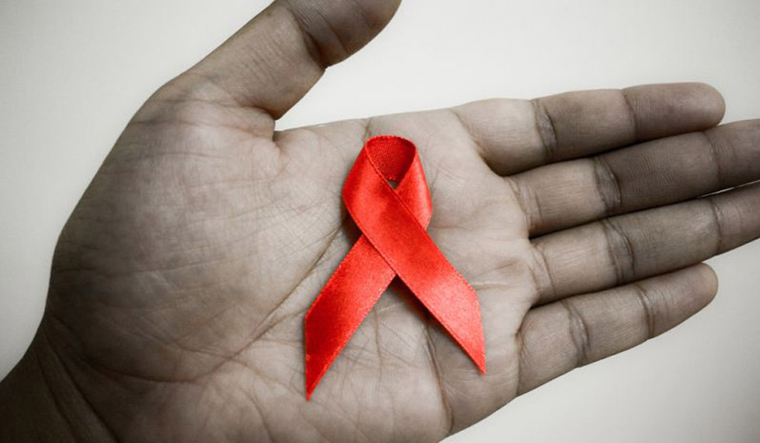More than a year after it received the president's assent, the law granting equal rights to people living with HIV and AIDS will now be implemented, the Union ministry of health and family has announced. The provisions of Human Immunodeficiency Virus and Acquired Immune Deficiency Syndrome Act, 2017, have come into force from September 10, according to the gazette notification by the ministry.
The Act seeks to prevent and control the spread of HIV and AIDS, prohibits discrimination against persons with HIV and AIDS, and provides for informed consent and confidentiality with regard to their treatment. No person can be subject to treatment without their consent, neither are they bound to disclose their HIV status according to the new law. It also places obligations on establishments to safeguard their rights, and creates mechanisms for redressing their complaints.
The Act stands to benefit 21.17 lakh people living with HIV (PLHIV) in India. The country has also seen a decline in the numbers of new infections. India is estimated to have around 86,000 new HIV infections in 2015, a decline of 66 per cent new infections from 2000 and a 32 per cent from 2007.
Despite the progressive legislation, activists say there are concerns around the regular shortages of drugs at ART centres. “The situation has not changed in the last one year also. Drug shortages continue, especially when it comes to the third line treatment [third line is given when both first and second line treatment don't work, or stop working]. For those people, the situation is really bad because they have to make repeated trips to get their medicines. For example, for someone who has not disclosed their status at their workplace, it's difficult for them to take time off from their employers,” says Paul Lhungdim, president, Delhi Network of Positive People, that works to ensure access to medicines.
Lhungdim said that though the officials of the Union health ministry were responsive to shortages and drug stock outs, after his organisation brings it to their notice, the Centre ought to be more proactive in preventing such situations. “Sometimes, the situation is such that children's dosages have to be used for adults because of the stock outs. Such things should be avoided because it affects the supplies meant for the kids,” he said, adding that such scenarios had been reported from across the country.
According to the health ministry data, about 12 lakh people with PLHIV are getting free treatment from more than 530 ART centres in India.



